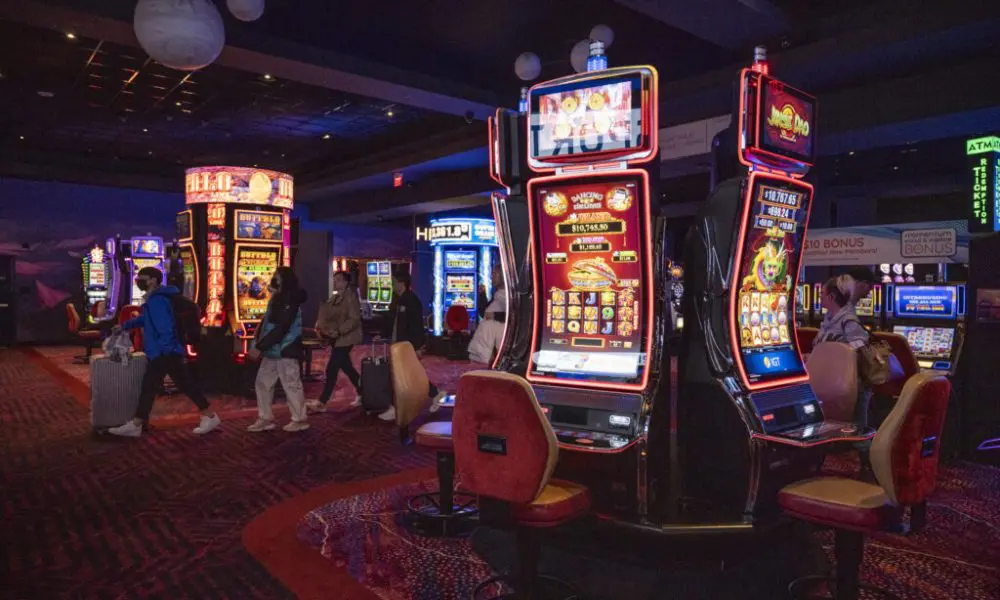Tribal gaming companies have established a presence in Las Vegas over the past two years, and commercial casino operators have long managed Indian casinos.
So it seems fitting that the casino industry’s two largest real estate investment trusts (REIT) would have an interest in the Native American gaming market.
Jefferies gaming analyst David Katz posed similar questions last Friday to executives of VICI Properties and Gaming and Leisure Properties (GLPI) during the companies’ fourth-quarter earnings conference calls.
The answers were similar. GLPI and VICI are looking for opportunities in tribal gaming, but the typical land sale and leaseback of the operations model won’t work. Tribal land is considered part of a sovereign nation.
“There are some obvious challenges in dealing with the tribes from a protection standpoint because there’s only so much you can do to exercise on the collateral,” said GLPI Chief Operating Officer Brandon Moore. “It’s a prudent research and development project to see if there’s a way that we could finance or otherwise invest in some of these commercial developments.”
Tribal operators have been active in Las Vegas.
The gaming arm of Connecticut’s Mohegan Indian Tribe has managed the casino inside Virgin Hotels Las Vegas since 2021. Last year, the gaming operations business of Southern California’s San Manuel Indian Tribe reopened the Palms Casino Resort after buying the off-Strip property for $650 million. In December, Hard Rock Entertainment, which is owned by Florida’s Seminole Indian Tribe, bought the operations of The Mirage for almost $1.1 billion.
In Nevada, GLPI owns the land and buildings associated with Tropicana Las Vegas, M Resort, Tropicana Laughlin and two small casinos in Jackpot near the border with Idaho. VICI is the Strip’s largest landlord with 11 properties covering more than 600 acres. VICI also owns two casinos in Lake Tahoe.
VICI President John Payne told Katz the company is already partners with three tribes nationally: the Seminoles at The Mirage and Hard Rock Cincinnati, North Carolina’s Eastern Band of Cherokee Indians at Caesars Southern Indiana and Oklahoma’s Cherokee Nation Business at Gold Strike in Tunica, Mississippi.
None of the casinos are on tribal lands.
“We’re building relationships with commercial operators [and] we’re getting out and meeting with many Native American nations just to let them understand who we are [and] how we could help them grow in the commercial opportunities,” Payne said.
The interest in Indian gaming comes as tribal casinos in 29 states produced $39 billion in gaming revenue in 2021, according to the National Indian Gaming Commission.
The American Gaming Association estimated tribal gaming revenue would top $41 billion when the 2022 figures are released later this year. The AGA said there are 523 tribal casinos in the U.S. compared with 470 commercial casinos.
Moore said GLPI has been in discussions with tribes for several years but has not agreed to any deals.
“It’s not to say that we don’t think that there’s an opportunity there,” he said. “I think there is an opportunity with the right drive, the right project and the right investment.”



